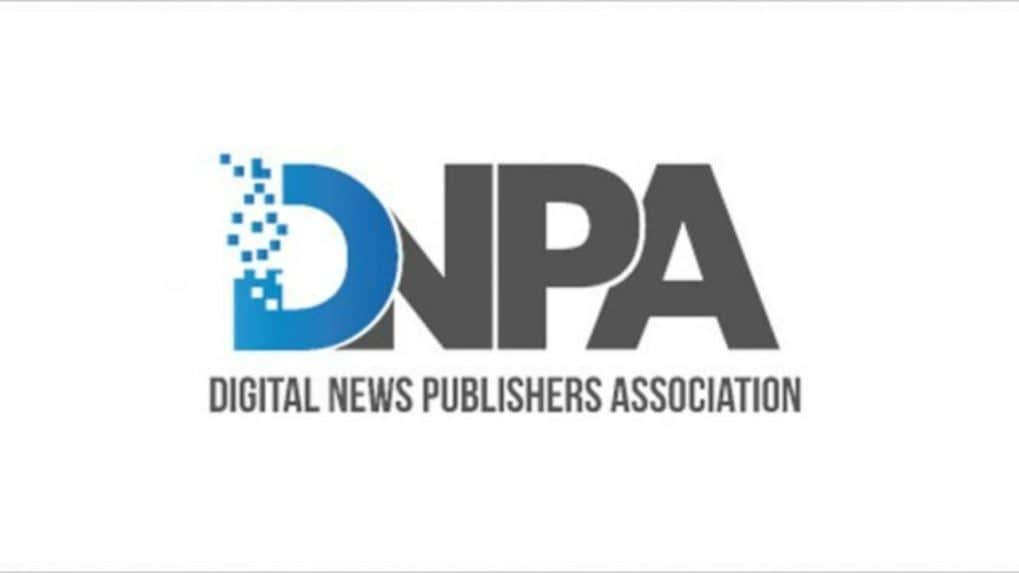OpenAI’s use of news content presents an increasing threat to press transparency: DNPA
DNPA contends that companies like OpenAI have developed large language models (LLMs) by “training” on vast quantities of text, including, without a licence or permission, copyright-protected works.
ADVERTISEMENT
The Digital News Publishers Association (DNPA), along with its members has officially intervened in the civil lawsuit filed by ANI Media Private Limited (ANI) against OpenAI in the Delhi High Court. DNPA represents top 20 news publishers in the country.
This intervention underscores the significant concerns raised by digital news publishers regarding the unauthorized mass copying and use of copyrighted works to train AI models, including OpenAI’s GPT models.
In its recent order dated November 19, 2024, the Honorable Delhi High Court acknowledged and framed several critical legal questions arising from the ANI v. OpenAI case. These questions focus on OpenAI’s large-scale and, in DNPA’s view, unlawful use of Indian copyrighted content, which raises important implications for intellectual property rights in the digital age and the news industry in India.
DNPA argues that companies like OpenAI have developed large language models (LLMs) by "training" on vast quantities of text, including copyright-protected works, without obtaining a license or permission. This unauthorized use of copyrighted material exclusively benefits OpenAI and its investors while harming the creative efforts of the entire news industry in India. Furthermore, DNPA asserts that OpenAI’s misappropriation of news content poses an increasing threat to press transparency in India.
OpenAI’s practices and AI models also lack sufficient transparency and disclosure. With the rise of disinformation and deepfakes, these AI models are accelerating the spread of online misinformation. DNPA is deeply concerned that this trend will negatively impact the quality, reliability, and diversity of news content in India, exposing the public to opaque algorithmic decision-making.
The DNPA remains in the view to advocate for its members’ rights and the future of journalism in India. It intends to present its insights and arguments before the Delhi High Court.

